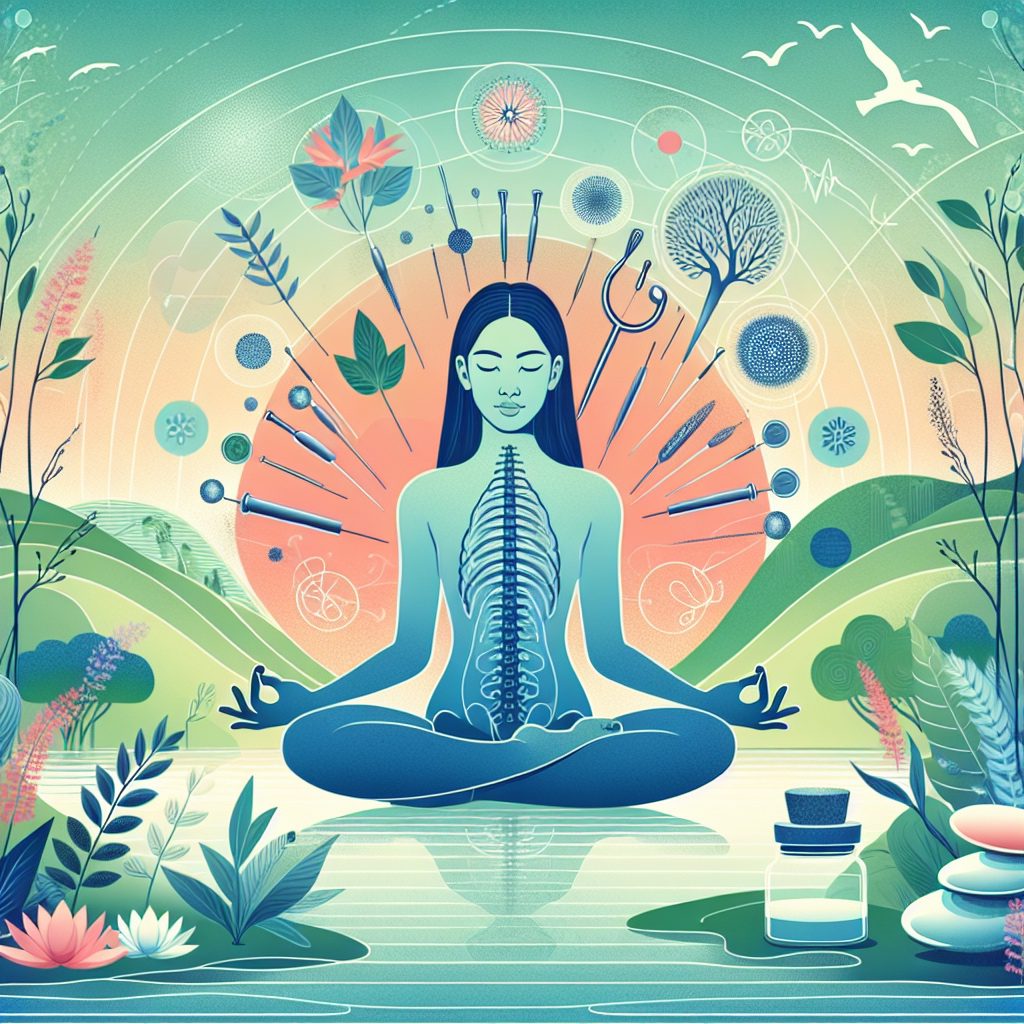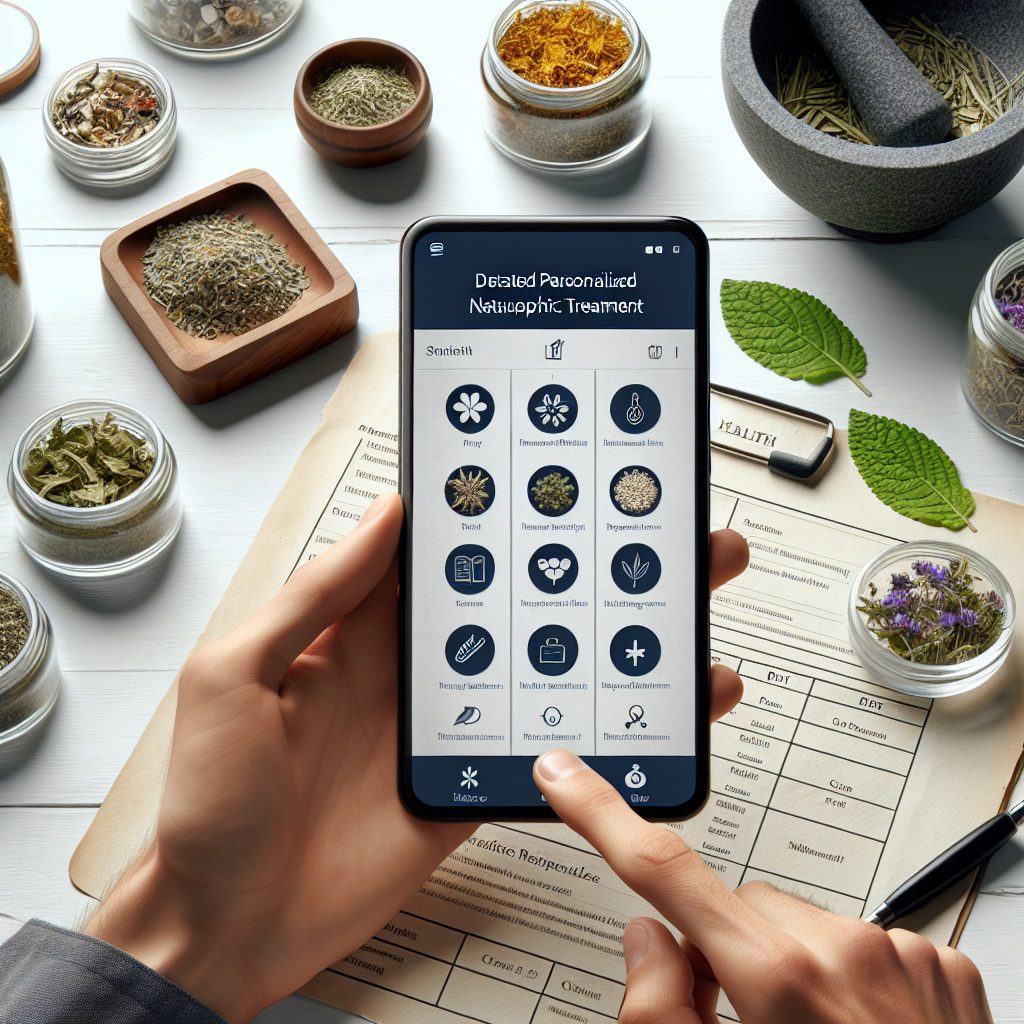In today’s fast-paced world, where we’re constantly juggling multiple responsibilities, taking time for yourself can sometimes feel like a luxury you can’t afford. Between work deadlines, family obligations, and social commitments, it’s easy to put your own needs on the back burner. But here’s the truth: selfcare isn’t selfish—it’s necessary.
When you neglect your own needs, you’re not just doing yourself a disservice; you’re also diminishing your ability to show up fully for the people and responsibilities in your life.
Why Selfcare Matters More Than Ever
In our hyper-connected, always-on lifestyle, the boundaries between work and personal time have become increasingly blurred. Many of us find ourselves checking emails before bed or scrolling through work messages during what should be relaxation time. This constant state of alertness puts our bodies in a prolonged stress response, which can have serious implications for our physical and mental health.
By making selfcare a priority, you can reduce stress, improve your mental and physical health, and live a more balanced, fulfilled life. It’s about taking intentional steps to nurture your mind and body—not because it’s trendy, but because it’s essential for your wellbeing.
“Selfcare is giving the world the best of you, instead of what’s left of you,” as one wellness expert beautifully puts it. This perspective helps us understand that selfcare isn’t about indulgence; it’s about maintenance and prevention.
Reframing Selfcare: From Luxury to Necessity
One of the biggest misconceptions about selfcare is that it requires expensive spa treatments or elaborate rituals. The truth is, the most effective selfcare practices are often simple, free, and easily integrated into your daily routine.
Selfcare is also not a one-size-fits-all concept. What works for someone else might not work for you. The key is to discover practices that genuinely help you feel recharged and centered, rather than following someone else’s prescription for wellbeing.
With this in mind, let’s explore five simple yet powerful ways to incorporate selfcare into your everyday life.
1. Start Your Day with Mindfulness
🧘♀️How you begin your morning sets the tone for the entire day. Instead of immediately reaching for your phone to check emails or social media, take a few minutes to center yourself.
A simple mindfulness practice could be as brief as 5-10 minutes of meditation. Find a quiet spot, sit comfortably, and focus on your breath. When your mind wanders (which it will!), gently bring your attention back to your breathing. Apps like Headspace or Calm can guide you if you’re new to meditation.
Research shows that regular mindfulness practice can reduce anxiety, improve focus, and even boost your immune system. It’s a powerful way to train your mind to stay present rather than getting caught up in worries about the future or regrets about the past.
If meditation feels challenging, try a more active form of mindfulness. Mindful stretching combines gentle movement with breath awareness, helping you connect with your body while releasing tension. Even something as simple as mindfully sipping a cup of herbal tea without distractions can be a form of morning meditation.
As part of my own daily routine, I start each morning with a cup of herbal tea while practicing deep breathing. This small act of selfcare helps me center myself before the day’s demands begin. The ritual of preparing the tea—boiling water, measuring the herbs, watching the colors diffuse—becomes a mindfulness practice in itself.
2. Nourish Your Body Throughout the Day
🥗What we put into our bodies directly affects how we feel, both physically and mentally. Instead of viewing healthy eating as a restriction, see it as a form of selfcare—a way of honoring your body’s needs.
Start by staying hydrated. Many of us walk around slightly dehydrated without even realizing it, which can affect energy levels and cognitive function. Keep a water bottle at your desk and take regular sips throughout the day. For extra nourishment, infuse your water with fruits, herbs, or cucumber slices.
When it comes to meals, focus on adding rather than subtracting. Add an extra serving of vegetables to your lunch, incorporate more whole foods, or try new nutritious recipes that excite your palate. The goal isn’t perfection but progress toward more mindful eating habits.
Herbal teas can also play a significant role in daily nourishment. Different herbs offer various benefits—from calming chamomile to energizing peppermint. Taking a brief tea break in the afternoon not only provides hydration but also creates a moment of pause in your busy day.
A holistic approach to nourishment supports overall wellbeing.
3. Move Your Body in Ways That Feel Good
🏃♀️Exercise doesn’t have to mean grueling workouts that you dread. The best form of physical activity for selfcare is one that you actually enjoy and will continue doing. This could be a brisk walk in nature, a dance class that makes you smile, gentle yoga, or even active housework done mindfully.
The key is consistency rather than intensity. A 15-minute daily walk provides more benefits for your mental and physical health than an occasional intense workout followed by days of inactivity.
Pay attention to how different types of movement make you feel. Some people find strength training empowering, while others prefer the flowing movement of swimming or the meditative quality of yoga. Your body will tell you what it needs if you listen.
Movement breaks throughout the day are also valuable, especially if you spend long hours sitting. Set a timer to remind yourself to stand up, stretch, or take a short walk every hour. These micro-movements prevent stiffness and re-energize your mind.
Physical activity is one of the most effective forms of stress relief. When you move your body, you release endorphins—natural mood lifters that can help combat anxiety and depression. Making movement a non-negotiable part of your daily routine isn’t selfish; it’s a fundamental form of selfcare.
4. Create Boundaries for Digital Wellbeing
📱In our constantly connected world, one of the most important selfcare practices is setting healthy boundaries with technology. The endless stream of notifications, news updates, and social media posts can leave us feeling overwhelmed and drained.
Consider implementing a digital sunset—a time each evening when you put away all devices. This might be an hour before bed or during dinner with family. This boundary creates space for more meaningful connections and better sleep quality.
Be intentional about social media consumption. Notice which accounts leave you feeling inspired and which ones trigger comparison or negative emotions. It’s okay to unfollow or mute content that doesn’t serve your wellbeing, even if it’s from people you know.
Create phone-free zones in your home, such as the bedroom or dining area. These tech-free spaces can become sanctuaries for rest, connection, and presence. The constant availability that smartphones enable can make it difficult to truly disconnect and recharge.
Remember that every notification is designed to grab your attention—which is your most precious resource. By mindfully managing your digital consumption, you’re practicing selfcare in a way that has profound effects on your mental clarity and emotional balance.
5. End Your Day with Gratitude and Reflection
🌙How you end your day is just as important as how you begin it. Creating an evening ritual that helps you unwind and transition to restorative sleep is a powerful form of selfcare.
A simple gratitude practice can shift your focus from what went wrong during the day to what went right. Before bed, write down three things you’re grateful for—they can be as simple as a delicious meal, a kind interaction, or a moment of beauty you noticed. This practice has been shown to improve sleep quality and overall happiness.
Reflection is another valuable evening practice. Ask yourself what went well today, what you learned, and what you might do differently tomorrow. This isn’t about harsh self-criticism but gentle awareness that promotes growth.
Creating a consistent bedtime routine signals to your body that it’s time to wind down. This might include a warm bath, gentle stretching, reading a physical book (not on a screen), or sipping a calming herbal tea like chamomile or lavender.
Quality sleep is perhaps the ultimate form of selfcare, as it affects every aspect of your physical and mental functioning. Prioritizing sleep by creating the right conditions—a dark, cool room; regular sleep and wake times; and a calming pre-sleep routine—is one of the kindest things you can do for yourself.
The Ripple Effect of Daily Selfcare
When you commit to these simple selfcare practices, something remarkable happens: the benefits extend far beyond your own wellbeing. You become more patient with loved ones, more creative and focused at work, and more resilient in the face of life’s challenges. ✨
Consistent, small acts of selfcare create a foundation of wellbeing that helps you weather life’s inevitable storms. Rather than reacting to stress from an already depleted state, you face challenges with a fuller emotional reservoir.
The harmony between humans and nature is central to this approach to selfcare. By listening to your body’s natural rhythms and needs, you align yourself with the natural world. This connection is something we deeply value at HerbalsZen, where we believe that nature offers profound wisdom for balanced living.
Natural herbal ingredients have been used for centuries to support mind-body balance. Whether it’s the calming effect of chamomile, the digestive support of peppermint, or the immune-boosting properties of ginger, herbs offer gentle yet effective support for your selfcare journey.
Making Selfcare a Sustainable Habit
The key to effective selfcare isn’t perfection but consistency. Start small with practices that feel manageable and build from there. Even five minutes of intentional selfcare is valuable.
Listen to your body’s voice—it will tell you what it needs if you pay attention. Some days you might need energizing movement, while others call for restful quiet. This attunement to your needs is at the heart of meaningful selfcare.
Remember that selfcare isn’t selfish—it’s necessary. By nurturing your mind and body every day, you’re not taking from others; you’re ensuring you have more to give. In the words of Eleanor Brown, “Rest and selfcare are so important. When you take time to replenish your spirit, it allows you to serve others from the overflow.”
Your journey toward greater wellbeing doesn’t have to be complicated. Simple practices, integrated mindfully into your daily routine, can transform your relationship with yourself and the world around you. Today, choose one small act of selfcare and notice how it affects your day. Tomorrow, add another. Step by step, you’ll create a lifestyle that honors your needs and nurtures your whole being.




